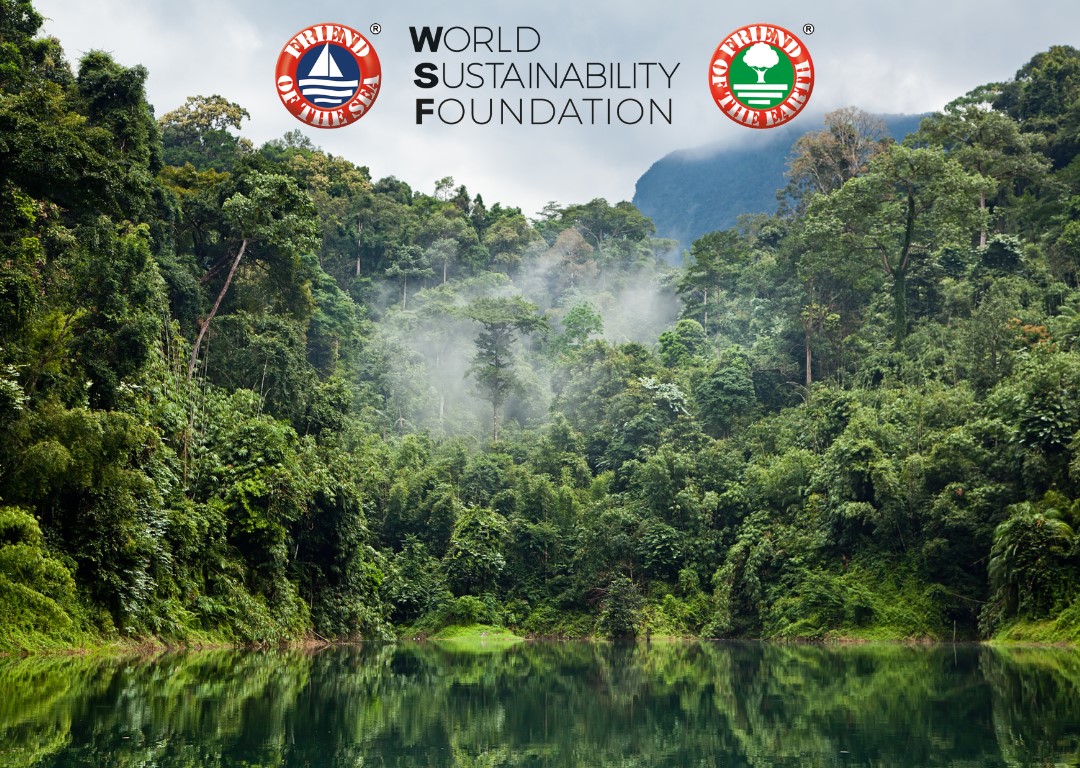On June 22nd, we celebrate World Rainforest Day, a moment to reflect on the importance of these biodiversity treasures, crucial for ensuring a sustainable future for our planet. Amidst the many initiatives dedicated to forest conservation, exciting developments are emerging in the tourism sector.
The Realm of Trees
Rainforests are true “green lungs” covering 31% of the Earth’s surface, housing a remarkable 80% of terrestrial biodiversity. They are primarily located in the Amazon (South America), Congo (Central Africa), and Southeast Asia. These forests are significant not only from an environmental perspective but also culturally and economically for people worldwide.
Forests act as regulators of the water cycle, help purify the air, filter water, and are a vital source of natural resources and products beneficial to our health. Their role in fighting climate change is crucial: it is estimated that 1,000 trees can absorb approximately 36 tons of CO2 over 20 years.
The Threat of Deforestation
Globally, deforestation and forest degradation are the primary threats to these precious ecosystems. Deforestation occurs for many reasons, mainly for conversion into agricultural land (50%), livestock (40%), urban and rural expansion, the forestry industry, and mining exploitation. This process is observed worldwide but primarily occurs in developing countries.
According to the United Nations Food and Agriculture Organization (FAO), between 1990 and 2020, 420 million hectares of forest were lost due to deforestation, an area equivalent to that of the European Union.
Deforestation is a major cause of climate change: large human-caused fires to clear land for agriculture and livestock increase CO2 production, one of the greenhouse gases responsible for global warming. Deforestation causes hydrogeological instability and soil erosion, as the topsoil held by tree roots is washed away by heavy rains without replacement.
Additionally, deforestation drives wild animals closer to human settlements, intensifying conflicts with humans, livestock, and pets, and increasing the likelihood of viral epidemics spreading.
Regenerating the Planet
However, it’s not too late to act. Worldwide, reforestation initiatives and projects aim to restore degraded rainforests and protect those still intact. Reforestation is a key strategy to combat rainforest destruction, focusing on protecting the environment by facilitating and accelerating the restoration of a healthy forest structure, regenerating forest cover, and preserving ecosystem biodiversity.
Responsible Tourism: A Journey Towards Sustainability
The tourism sector plays a fundamental role in environmental protection, but if not managed effectively, it can have a severe negative impact on the territory. Fortunately, more travellers today are conscious of land preservation and environmental respect, actively contributing to the spread of responsible tourism.
In this context, the World Sustainability Foundation (WSF) has launched the “1 Guest – 1 Tree Planted” initiative, encouraging tourism facilities to plant a tree for every guest. All tourism-related activities such as hotels, resorts, residences, B&Bs, campsites, and travel agencies worldwide are invited to participate.
The reforestation project involves planting new trees where they previously existed, using only endemic species native and exclusive to the area. The initiative also aims to empower local communities, protect biodiversity and wildlife, and actively contribute to the planet’s health.
In Central Africa, WSF has planted over 5,500 trees in collaboration with Trees for the Future; dozens of local community members are involved in planting and monitoring. Another reforestation project is underway in Indonesia.
Additionally, WSF supports the project for singing lemurs (Indri indri) in Madagascar’s Maromizaha forest, where its contribution has expanded the forest by 10 hectares with approximately 20,000 local plants, allowing the natural habitat of the 14 Indri families and all forest inhabitants to expand.
By participating in the “1 Guest – 1 Tree Planted” project, tourism facilities can demonstrate their concrete commitment to environmental conservation, involving guests in meaningful environmental protection activities. Guests and local communities are invited to join the project, promoting biodiversity conservation and climate action, tree by tree.
The WSF enables businesses and individuals to actively participate in reforestation initiatives: if you want to join by planting one or more trees, contact us at info@worldsustainabilityfoundation.org
For more information on the project and the facilities that have already joined, visit the page: Save the Forests
Did You Know?
· 1.6 billion people depend on forest resources for their livelihoods.
· Indigenous lands are where native forests are best preserved.
· There are over 60,000 known tree species in the world.
· More than 58% of known species are endemic to a single country: Brazil, Colombia, and Indonesia have the most endemic trees.
· Sharks are older than trees. Trees have existed for about 470 million years, while sharks for over 500 million years.
· The oldest living trees are around 4,000-5,000 years old.




